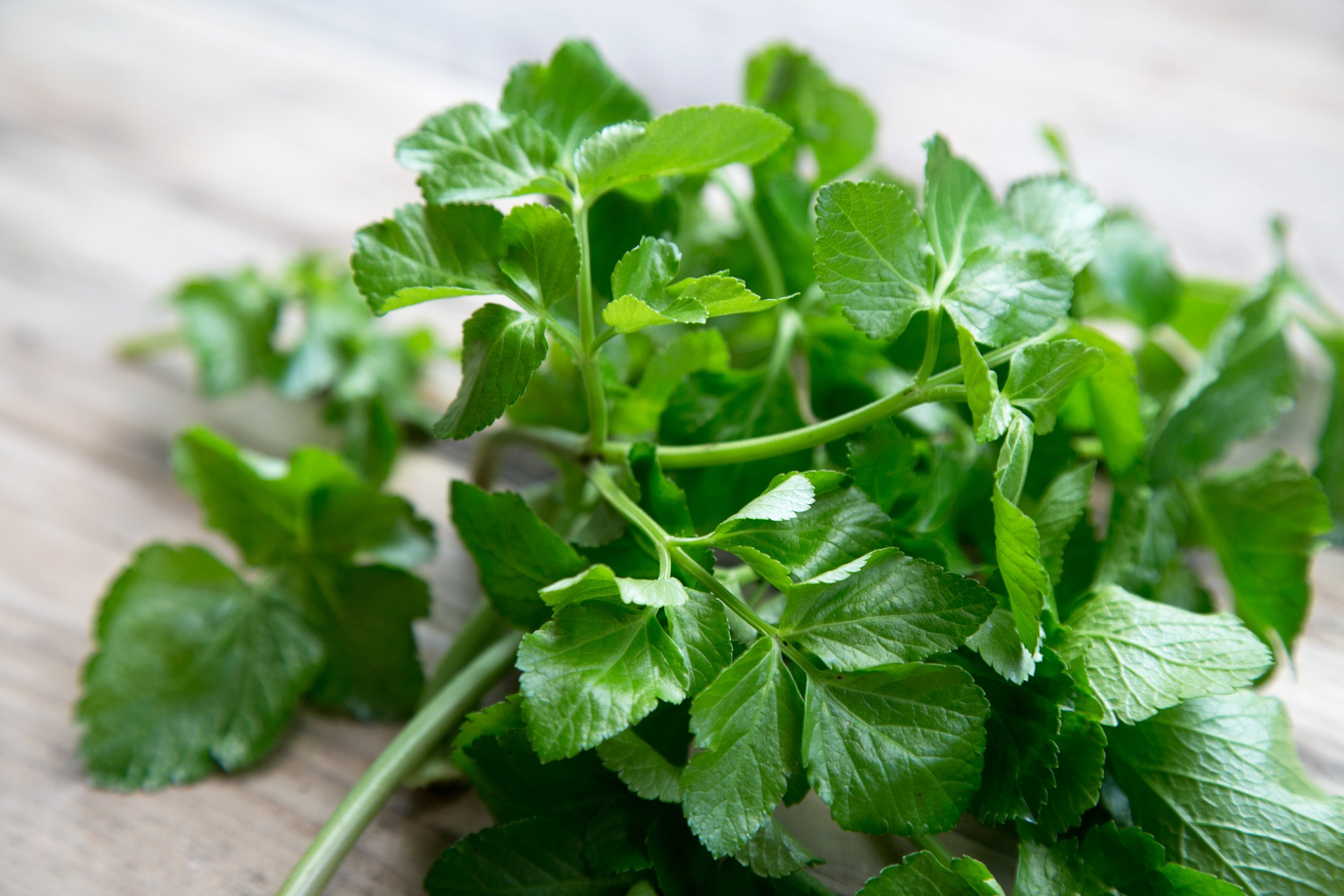Alexanders is a historically significant plant. Also referred to as black lovage or horse parsley, it has a long history of cultivation and culinary use. Alexanders is a perennial herbaceous plant with bright green leaves and yellow-green flowers that bloom in clusters.
This versatile plant has been cultivated since ancient times, primarily for its culinary uses. Alexanders possess a unique flavour profile that combines the aromatic qualities of celery, parsley, and anise. The tender leaves, young shoots, and flower buds are all edible and can be used in various ways. From salads and soups to stir-fries and herbal seasonings, Alexanders offers a distinct and savoury addition to dishes. The dried seeds can also be used as a peppery seasoning.
The name "Alexanders" is believed to have originated from its association with Alexander the Great, as the plant was believed to have been brought back to Europe from his conquests in the East. Its scientific name, Smyrnium olusatrum, reflects its historical connection to the city of Smyrna (now Izmir) in modern-day Turkey and "olusatrum" referring to its use as a vegetable.
Alexanders also holds cultural and medicinal significance. In ancient times, it was considered a valuable vegetable and a staple food source. The plant has also been associated with various folk remedies and herbal traditions.
As a wild foraged plant, Alexanders offers an opportunity to connect with history and explore forgotten flavours. Its hardiness allows it to thrive in coastal areas, cliffs, and wastelands.
